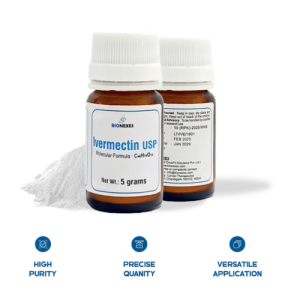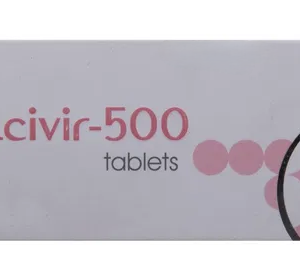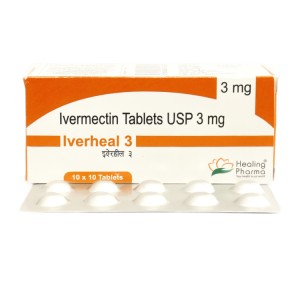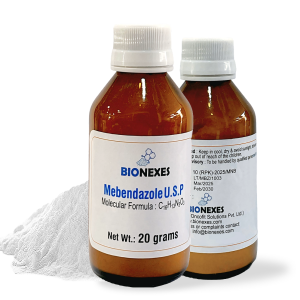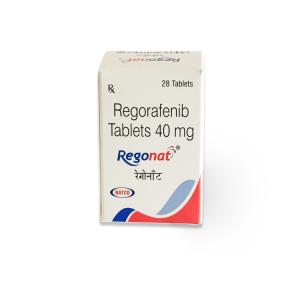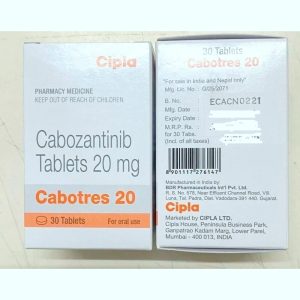Advances in Cancer Medicine: The New Era of Targeted and Personalized Therapy
🌟 Introduction
Cancer care has come a long way from the one-size-fits-all approach of the past. Today, medical research and technology are revolutionizing how cancer is diagnosed and treated. Modern therapies focus not only on destroying cancer cells but also on understanding their genetic makeup, predicting their behavior, and targeting them precisely — while minimizing harm to healthy tissues.
Welcome to the world of advanced cancer medicine, where science, data, and innovation combine to create personalized treatments with better outcomes and fewer side effects.
🧠 What Is “Advanced Cancer Medicine”?
The term advanced cancer medicine refers to a new generation of treatments that go beyond traditional chemotherapy and radiation. These therapies are smarter, more targeted, and often tailored to each patient’s unique biology.
They include:
- Targeted Therapy
- Immunotherapy
- Precision Medicine
- Gene and Cell Therapy
- Metabolic and Repurposed Drugs
- Combination and Integrative Approaches
These breakthroughs are helping doctors treat cancers more effectively — especially those that were once considered resistant or hard to manage.
🎯 Targeted Therapy: Attacking Cancer at Its Core
Traditional chemotherapy attacks all rapidly dividing cells — both healthy and cancerous — leading to severe side effects. Targeted therapy, however, works differently.
It focuses on specific molecular targets or genetic mutations inside cancer cells that drive their growth and survival.
For example:
- Tyrosine kinase inhibitors (TKIs) block signaling pathways that fuel tumor growth.
- Monoclonal antibodies identify and attack cancer cells marked by specific proteins.
- PARP inhibitors exploit weaknesses in a tumor’s DNA repair mechanism.
Some widely studied targeted therapies include:
- Cabozantinib (Cabotres) for kidney and thyroid cancers
- Regorafenib (Regonat) for colon and liver cancers
- Rucaparib (Rucaza) for ovarian and prostate cancers
🧩 These treatments exemplify how precision medicine can “turn off” the signals that make cancer thrive — while sparing normal cells.
🧬 Immunotherapy: Empowering the Body to Fight Back
Imagine your immune system as an army — trained to destroy invaders but sometimes unable to recognize cancer cells as enemies. Immunotherapy changes that.
It uses drugs or biological substances to retrain the immune system to detect and destroy cancer cells more effectively.
The most notable types include:
- Checkpoint inhibitors – Drugs that remove the “brakes” from immune cells so they can attack cancer.
- CAR-T cell therapy – A cutting-edge treatment where a patient’s own immune cells are genetically modified to target their cancer.
- Cancer vaccines – Designed to boost immune response against specific tumor antigens.
Immunotherapy has transformed the outlook for cancers like melanoma, lung, and bladder cancer — offering long-lasting remissions where few options existed before.
🧫 Precision Medicine: Treating Cancer by Its DNA Signature
Every cancer is unique, even within the same organ. Precision medicine tailors treatment by analyzing the tumor’s DNA, RNA, and protein profile.
This helps doctors:
- Identify the exact mutations driving cancer
- Match therapies to those mutations
- Avoid ineffective treatments
For example, two patients with lung cancer may receive entirely different therapies depending on whether their tumor has an EGFR mutation or an ALK rearrangement.
This “right drug for the right patient” approach reduces trial and error — and improves success rates.
⚗️ Gene and Cell Therapy: The Frontier of Cure-Oriented Medicine
Gene and cell therapy are rewriting what’s possible in oncology.
These therapies aim to correct faulty genes or replace damaged cells at the source of disease.
🔹 Gene Therapy
Involves introducing or modifying genetic material to:
- Repair or silence defective cancer genes
- Boost tumor-suppressing genes
- Make cancer cells more visible to the immune system
🔹 Cell Therapy
CAR-T therapy is the most prominent example, already approved for certain blood cancers. Researchers are now testing CAR-NK (Natural Killer) cell therapies for solid tumors.
Although still in its early stages, gene and cell therapy hold promise for long-term, durable cancer control — and even potential cures.
🌿 Integrating Natural Compounds and Repurposed Drugs
While cutting-edge lab technologies drive most of oncology’s progress, researchers are also revisiting existing medicines and natural compounds for new cancer-related purposes.
Some promising examples include:
- Fenbendazole & Mebendazole – Anti-parasitic drugs studied for their ability to disrupt cancer metabolism.
- Melatonin – A natural hormone investigated for supporting immune function during treatment.
- Curcumin – The turmeric compound known for its antioxidant and anti-inflammatory potential.
- Metformin – A diabetes drug explored for anti-cancer effects on metabolism.
These repurposed and integrative medicines are not replacements for standard treatment but may complement modern therapies under professional guidance.
🧠 Patients should never self-administer these compounds without consulting their healthcare provider.
⚕️ Combination Therapies: The Future Is Collaborative
The most exciting progress comes from combining multiple advanced treatments:
- Targeted + Immunotherapy
- Radiation + Gene Therapy
- Metabolic Modulators + Chemotherapy
By addressing cancer from different biological angles, combination therapy reduces resistance and increases the chances of success.
Clinical trials worldwide are testing these approaches — aiming to make cancer treatment not only more effective but also more tolerable.
🌍 The Global Impact of Advanced Cancer Medicine
Thanks to innovation, survival rates for many cancers are improving.
Diseases like breast, prostate, and blood cancers now have multiple targeted drugs that can extend life for years with good quality.
Yet, access remains a challenge. Oncostore is committed to bridging that gap by offering authentic, verified medicines for patients and researchers worldwide — with transparency and reliability at the core.
💬 Conclusion
The landscape of cancer medicine is changing faster than ever.
From targeted drugs that home in on cancer’s weak spots to immunotherapies that awaken the body’s natural defenses, science is transforming hope into reality.
Each breakthrough brings us closer to personalized, effective, and compassionate cancer care — where treatment is designed not just to fight disease, but to help patients live fully and meaningfully.
At Oncostore, we’re proud to support this mission — by providing genuine products, trustworthy guidance, and ongoing education in the fight against cancer.

